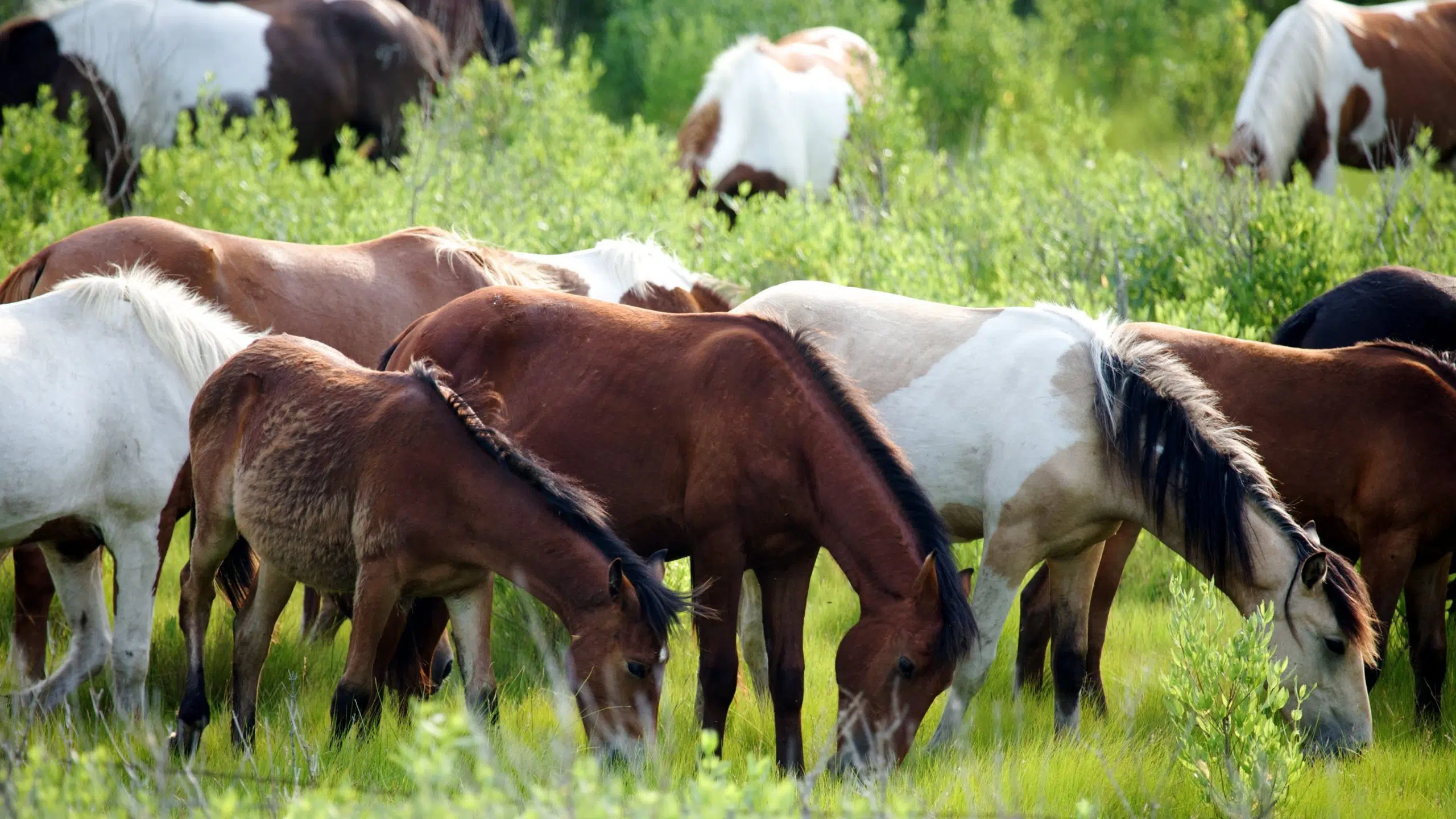
Emergence of fatal horse disease cause for concern in P.A.
Around 40 concerned horse owners gathered inside the Red River Roping and Riding (RRRR) barn for an informational presentation this week.
Thursday night’s presentation, put on by Prince Albert District veterinarian Jewel Parry, informed the attendees of Equine Infectious Anemia (EIA), also commonly referred to as swamp fever.
RRRR arena manager Grant Winterholt knows all too well about the fatal disease.
“Unfortunately [EIA] has costed me one of my best horses … I just want to make sure that it’s out there and show that it’s important to look after our horses and do what we can to protect them,” Winterholt said.


